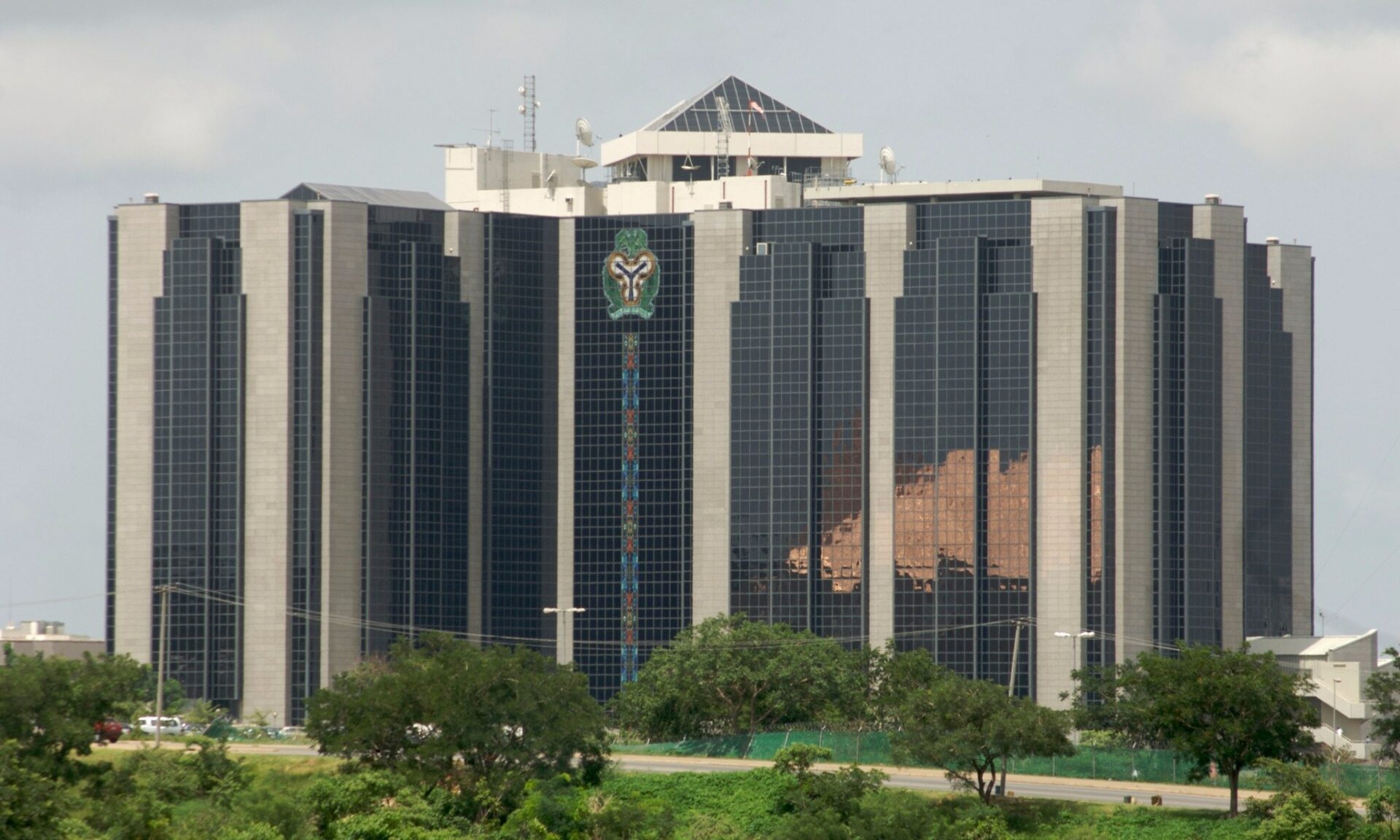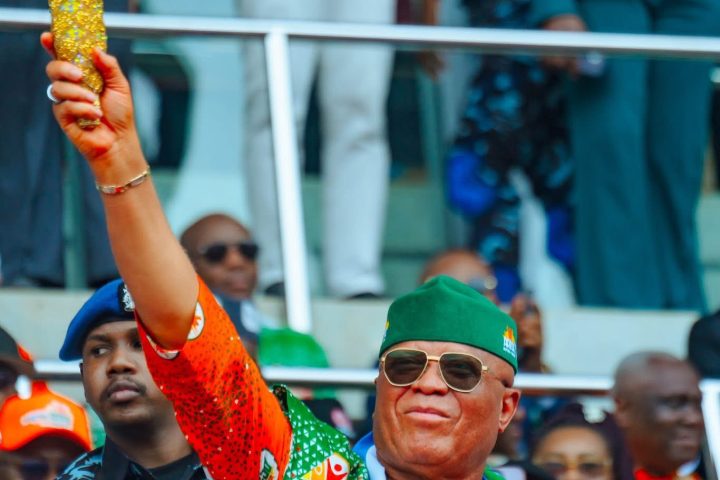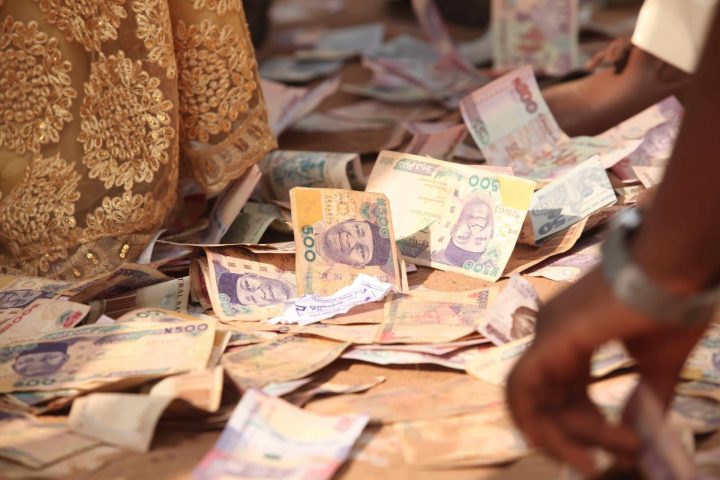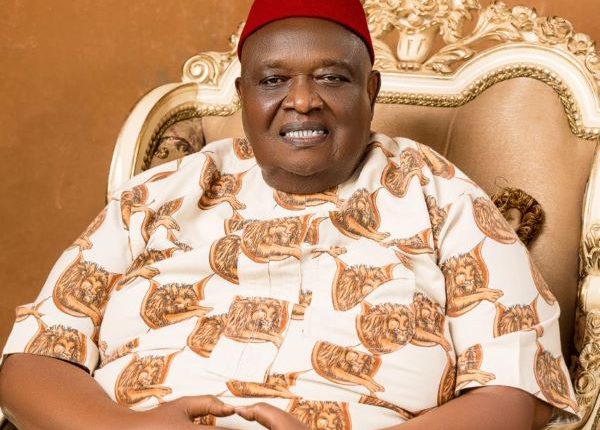The Central Bank of Nigeria (CBN) has launched an aggressive fight against inflation in a similar manner the US Fed did under Paul Volcker (1979-1987) and won. It is also anticipated that the CBN will win the fight against inflation.
Join our WhatsApp ChannelI had written about the Paul Volcker story in an article titled, CBN and Inflation Management which was published in Thisday and Leadership newspapers and other publications.
In the present circumstance, the story is worth repeating to enable a better understanding of CBN’s policy direction regarding the monetary policy rate.
‘’Before his appointment as Fed Chairman, prices were rising at 9 per cent and 11 per cent which was debilitating, considering that Fed funds rate are often kept within the band of 2 per cent and 5 per cent known as the sweet spot to maintain a healthy economy.
‘’Reportedly, Volcker launched a wild fight against inflation. He announced that he would tightly restrict the amount of money in circulation and pushed interest rate so high it threw the country into a deep recession, but it was noted he did it on purpose.
‘’Thereafter, things got worse, the inflation rate spiked from 12 per cent to 14 per cent but Volcker stuck to his gun. By 1981, inflation dropped to 9 per cent and progressively to 6 per cent and further to 4 per cent. And Volcker became a hero and was nicknamed as the man who quashed inflation.’’
Similarly, in February 2024, CBN under Yemi Cardoso launched an aggressive fight against inflation and hiked the Monetary Policy Rate (MPR) by 400 basis points from 18.75 per cent to 22.75 per cent.
READ ALSO:
Top 10 African Countries With Highest Inflation Rates In February 2024
Experts Differ On Impact Of CBN’s Interest Rate Hike On Inflation
Inflation: CBN Raises MPR Again To 24.75%
The hike was a quantum leap which is unprecedented in the records of the Monetary Policy Committee (MPC) of CBN. The MPC also made other notable adjustments in the Asymmetric corridor around the MPR and the Cash Reserve Ratio which was also increased from 32.5 per cent to 45 per cent, but retained the Liquidity Ratio at 30 per cent.
Reportedly, CBN Governor, Yemi Cardoso, noted that the 400 basis point hike to 22.75 per cent was not big enough and wanted 23.0 per cent instead, but the twelve-member Committee settled for 22.75 per cent.
Subsequently, at the most recent MPC meeting in March the MPR was further hiked by 200 basis points to 24.75 per cent. The question is: will the increase in MPR effectively rein in inflation as expected? Time will tell, and it depends on the interacting variables that are fuelling inflation, some of which are outside the control of CBN.
Cardoso had expressed optimism that inflation would drop to 21.5 per cent this year. The 2017 scenario may reoccur. CBN had hiked and consistently retained the MPR at 14 per cent and the inflation rate dropped from a high of 19 per cent in January, to 17.78 per cent in February and further to 15.90 per cent in November. By February 2018, it dropped to 14.33 per cent and further to 13.34 per cent in March.
In the present circumstance, it is anticipated that the quantum hike in MPR would effectively control the growing money supply which is part of what is fuelling inflation. Available data show that money supply grew by 79.29 per cent, from N53.3 trillion in February 2023, to N95.56 trillion in February 2024. Earlier in January 2024, money supply was N93.72 trillion, representing a 1.96 per cent increase.
In the circumstance, some analysts have expressed concern about CBN’s trade-off between output growth and taming inflation, but which is a common practice by central banks across the world, going by the proposition of Milton Friedman, a great economist and Nobel Prize winner in economics, and the world’s most influential monetarist.
CBN is acting accordingly, and at the MPC meeting in February, Cardoso acknowledged the trade-off between output growth and taming inflation because of the spiking inflation and projected inflation. The MPC believes that inflation could be more persistent in the mid-terms and pose more regulatory challenges, thus the need for the hike in MPR to reverse the trend.
Nwobu, a Chartered Stockbroker and Business Journalist, wrote via arizenwobu@yahoo.com Tel 08033021230.
















Follow Us